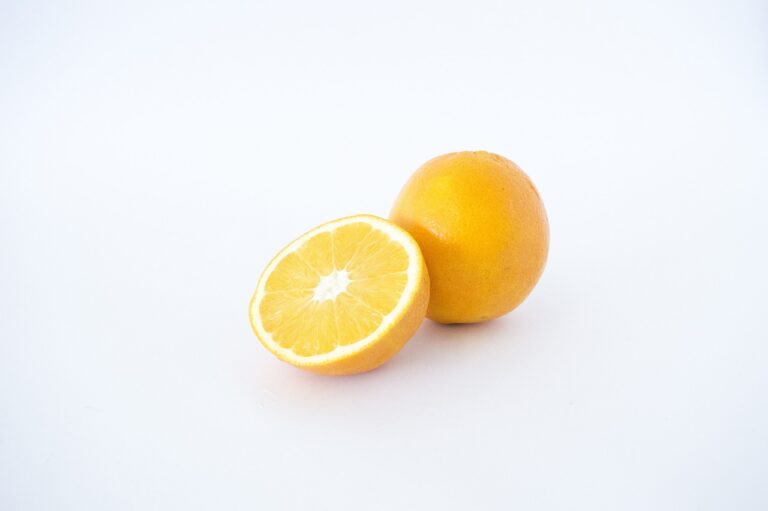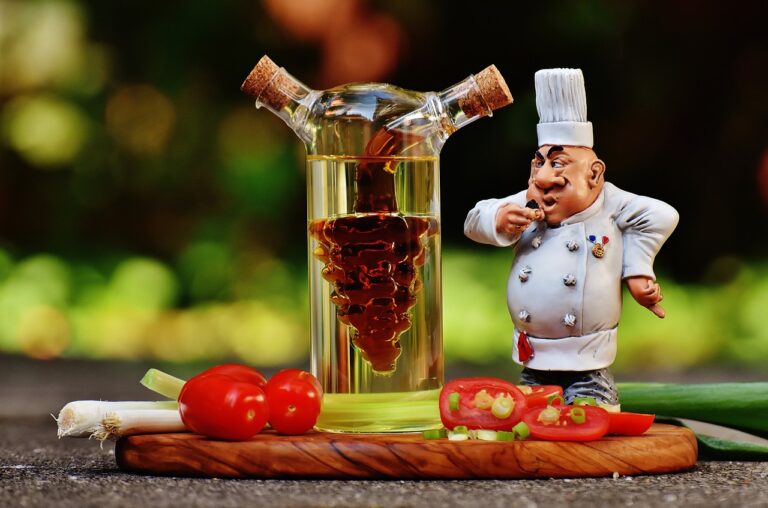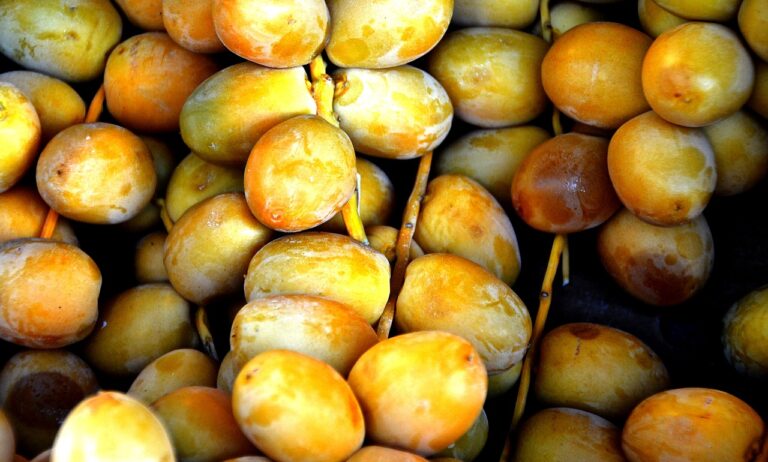Biotechnology in Precision Duck Farming: Breeding and Disease Management: 11xplay, Reddy anna book, Goldenexch 7777
11xplay, reddy anna book, goldenexch 7777: Biotechnology in Precision Duck Farming: Breeding and Disease Management
Duck farming has been an essential part of agriculture for centuries, providing a valuable source of meat and eggs for many cultures around the world. As technology continues to advance, biotechnology has become increasingly important in the field of precision duck farming. By utilizing genetic engineering and biotechnology techniques, farmers can improve breeding programs and better manage diseases to ensure the health and productivity of their duck populations.
Breeding Programs
Biotechnology has revolutionized duck breeding programs by allowing farmers to select for specific traits that are desirable for their operations. Through techniques such as artificial insemination and genetic manipulation, farmers can improve the overall quality of their flocks. For example, farmers can select for ducks with higher meat or egg production, as well as resistance to certain diseases. This targeted breeding approach enables farmers to breed ducks that are more suited to their specific needs, resulting in healthier and more productive flocks.
Disease Management
Disease management is a critical aspect of duck farming, as outbreaks can quickly devastate a flock. Biotechnology offers innovative solutions for preventing and managing diseases in ducks. For example, scientists have developed vaccines that can protect ducks from common diseases such as avian influenza and duck viral enteritis. Additionally, biotechnology has allowed for the development of more accurate diagnostic tests, enabling farmers to quickly identify and isolate sick ducks to prevent the spread of disease within the flock.
Genetic engineering has also played a role in disease management by creating ducks that are resistant to certain pathogens. By introducing specific genes into the duck’s DNA, scientists can enhance their immune response to particular diseases. This approach not only reduces the need for antibiotics and other treatments but also helps to ensure the long-term health and sustainability of the flock.
FAQs
Q: How does biotechnology improve breeding programs in duck farming?
A: Biotechnology allows farmers to select for specific traits in ducks, such as higher meat or egg production and disease resistance, resulting in healthier and more productive flocks.
Q: What role does biotechnology play in disease management for ducks?
A: Biotechnology helps prevent and manage diseases in ducks through the development of vaccines, diagnostic tests, and genetic engineering techniques to create disease-resistant ducks.
Q: Are there any ethical concerns associated with biotechnology in duck farming?
A: While biotechnology offers many benefits for the industry, there are concerns about the potential long-term effects of genetic manipulation and the impact on animal welfare that must be carefully considered.
In conclusion, biotechnology has significantly transformed the field of precision duck farming by improving breeding programs and disease management strategies. By harnessing the power of genetic engineering, farmers can produce healthier, more productive flocks while also ensuring the long-term sustainability of their operations. As technology continues to advance, the future of duck farming looks promising with biotechnology leading the way.







